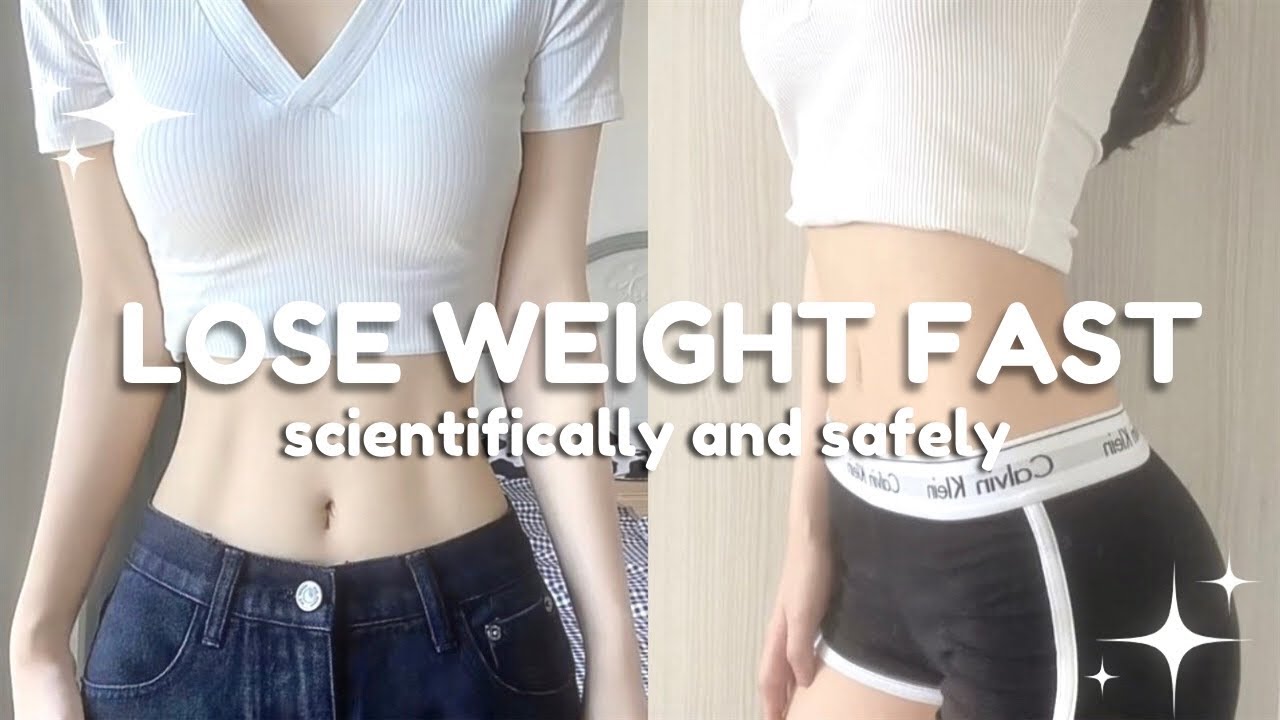Exercise vs Diet
Summary
TLDRThis video script explores the weight loss debate, emphasizing the importance of diet over exercise. It highlights how burning calories through exercise is time-consuming and often less effective than simply avoiding high-calorie foods. Studies are cited to show that reducing calorie intake, rather than increasing physical activity, is more crucial for weight loss. The script also acknowledges the health benefits of exercise beyond weight loss, such as mental health improvements. The video concludes by advocating a balanced approach but suggests prioritizing diet for more immediate weight loss results.
Takeaways
- 🏋️♀️ Exercise and diet are both crucial for weight loss, but diet plays a more significant role.
- 🍏 Burning calories through exercise can be time-consuming and challenging, compared to simply avoiding high-calorie foods.
- 🍫 A single chocolate bar can contain over 200 calories, which could be offset by an hour of walking or by not consuming it at all.
- 🏃♂️ Daily exercise like running for 30 minutes is beneficial, but cutting out high-calorie drinks like soda can be more impactful for weight loss.
- 🧪 Studies suggest that minimizing calorie intake is more effective for weight loss maintenance than exercise alone.
- 👶 A 2011 meta-analysis found that physical activity levels of children were not the primary determinant of their weight.
- 👥 A study of 3000 adults showed that reducing calorie intake was linked to greater weight loss than exercise alone.
- 🌍 Comparisons between industrialized and developing countries indicate that physical activity levels are similar, suggesting that exercise is not the main factor in obesity rates.
- 🏃♀️🍳 While diet is key for weight loss, combining diet and exercise offers the best long-term results.
- 💪 Exercise has numerous health benefits beyond weight loss, such as slowing down the aging process and improving mental health.
- 📚 The book 'The Upside of Stress' by Kelly McGonigal is recommended for its perspective on how stress can be beneficial.
Q & A
What is the main point of the video script regarding weight loss?
-The main point of the video script is that diet plays a more significant role in weight loss than exercise, although a combination of both is ideal for long-term health benefits.
Why might it be more effective to focus on diet over exercise when trying to lose weight?
-Focusing on diet can be more effective because it is easier to cut out high-calorie foods like a chocolate bar than to spend time and effort burning the same amount of calories through exercise.
What are some examples given in the script of activities that burn a significant amount of calories?
-Examples include running for 20 minutes, an hour of surfing, and singing a favorite song 23 times.
How does the script suggest the role of exercise in weight loss?
-The script suggests that while exercise is beneficial for overall health, it might not be as effective for weight loss as diet adjustments, especially when considering the time and effort required to burn calories through exercise.
What is the script's stance on the comparison between industrialized and developing countries regarding physical activity and obesity rates?
-The script indicates that the rate of physical activity is fairly similar between industrialized and developing countries, suggesting that differences in obesity rates are not primarily due to levels of physical activity.
What is the script's view on the combination of diet and exercise for weight loss?
-The script supports the idea that a combination of diet and exercise yields the best results for weight loss in the long term, despite suggesting that diet is more impactful initially.
What are some health benefits of exercise mentioned in the script beyond weight loss?
-The script mentions that exercise can slow the aging process and improve mental health.
What is the script's reference to a 2011 meta-analysis regarding children's weight and physical activity?
-The 2011 meta-analysis found that the level of physical activity was not the main determining factor of children's weight.
What did a study of 3000 adults find regarding calorie minimization and exercise for weight loss maintenance?
-The study found that minimizing calories was linked to greater weight loss maintenance than exercise alone.
How does the script suggest cutting out high-sugar, high-fat, high-calorie foods can impact weight loss?
-The script suggests that cutting out these types of foods from the diet can lead to more rapid weight loss results compared to relying solely on exercise.
What book does the script recommend and what is its main theme?
-The script recommends the book 'The Upside of Stress' by Kelly McGonigal, which explores the idea that stress can have positive effects, making us stronger, smarter, and happier.
Outlines

This section is available to paid users only. Please upgrade to access this part.
Upgrade NowMindmap

This section is available to paid users only. Please upgrade to access this part.
Upgrade NowKeywords

This section is available to paid users only. Please upgrade to access this part.
Upgrade NowHighlights

This section is available to paid users only. Please upgrade to access this part.
Upgrade NowTranscripts

This section is available to paid users only. Please upgrade to access this part.
Upgrade NowBrowse More Related Video

The SMARTEST Workout for FAT LOSS (Science Explained)

REAL Reason You’re Not Losing Weight

How to lose weight fast | weight loss guide for teens

Change This ONE Thing…The FAT Will FALL OFF. | The Muscle Expert Dr Michael Israetel

How To Lose Weight Fast with Dr. Ken Fujioka | Ask the Expert

The SMARTEST Way to Finally LOSE FAT in 2024 (Science Explained)
5.0 / 5 (0 votes)